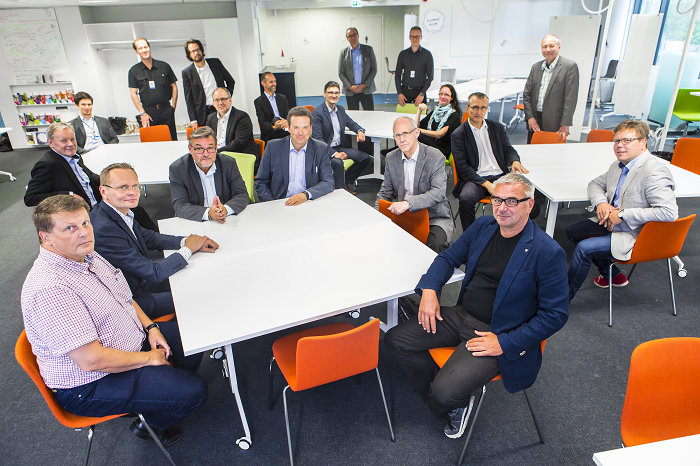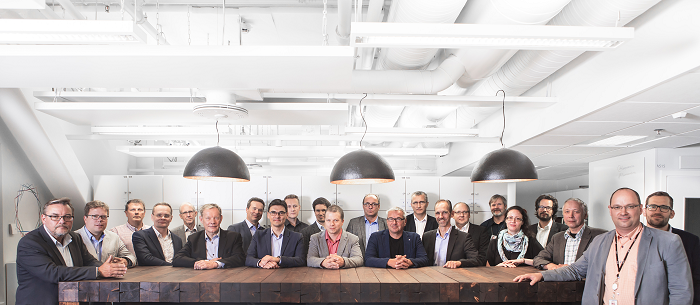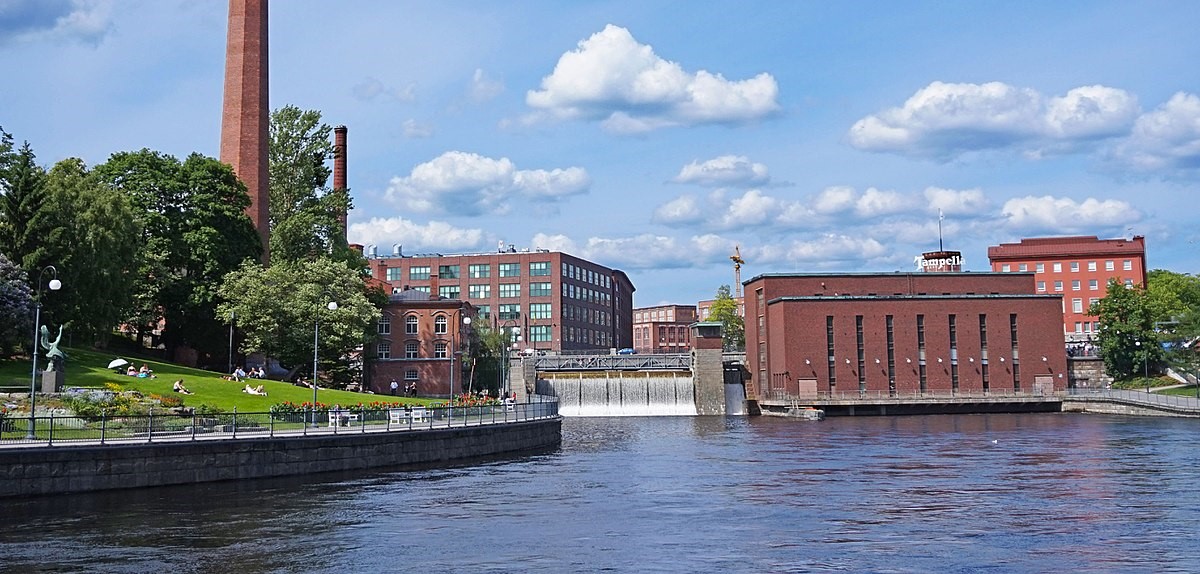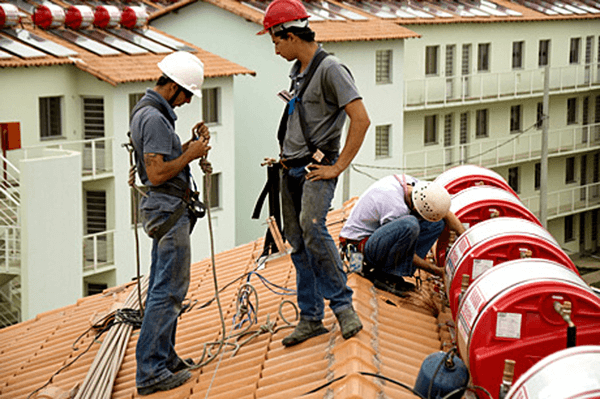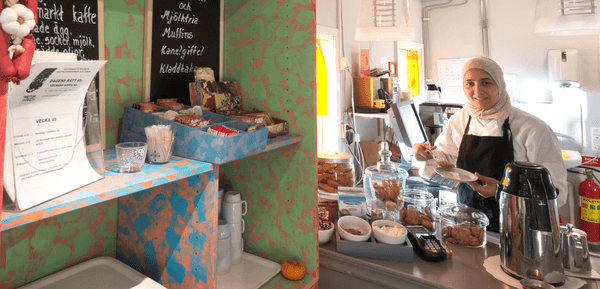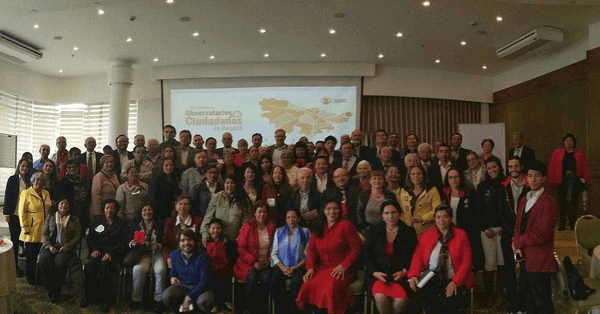City
Tampere
Main actors
City Government, Private Sector, Public Utility, Research Institutes / Universities
Project area
Neighborhood or district
Duration
Ongoing since 2013
In the city of Tampere’s ECO3 business park, bio-economy and circular investments are translated into practical activities.
The Tampere region has created a circular innovation ecosystem to develop, pilot and demonstrate solutions to address current and future resource challenges. Its ECO3 business park supports multi-disciplinary cooperation to find new ways to turn waste into raw materials and ideas into products and exports and reduce waste management costs. The ecosystem exceeds traditional sector boundaries, and operates in an environment where one person’s waste is another’s commodity. ECO3 has been developed by partnering with both domestic and foreign companies, as well as universities.
Originally published by EUROCITIES, the network of 130 European cities: http://nws.eurocities.eu/MediaShell/media/cooperation_Tampere.pdf
Eurocities Awards
This project was shortlisted for the 'Eurocities Awards' in 2017 in the following category: Cooperation.
External links / documents
On Map
The Map will be displayed after accepting cookie policy
